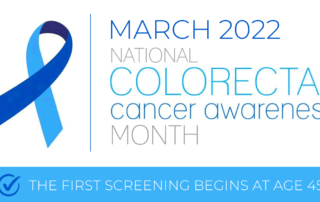Here’s What You Need to Know About Esophageal Disorders
Esophageal disorders affect the esophagus. This is the muscular tube that runs from the mouth to the stomach. Waves of muscular contractions push food and liquid down this tube.
The lower esophageal sphincter (LES), a muscular valve connecting the esophagus and stomach, relaxes to let food pass. This valve remains closed when not eating to prevent the stomach contents from flowing into the esophagus. In many cases, esophageal disorders disrupt this process and cause problems with eating and drinking.
This article will discuss types of esophageal disorders and their common symptoms. We’ll also highlight the diagnosis of esophageal disorders, including testing options. Lastly, we’ll outline the steps you can take to reduce your risk of esophageal disorders.







